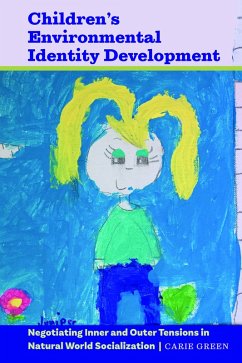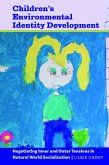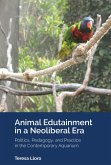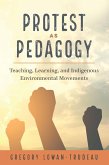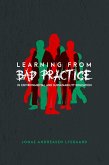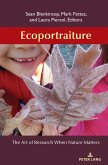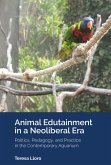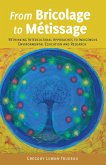Children's Environmental Identity Development: Negotiating Inner and Outer Tensions in Natural World Socialization draws inspiration from environmental education, education for sustainability, environmental psychology, sociology, and child development to propose a theoretical framework for considering how children's identity in/with/for nature evolves through formative experiences. The natural world socialization of young children considers not only how the natural environment affects the growth and development of young children but also how children shape and influence natural settings. Such childhood relations with the environment are explicitly linked to familial, sociocultural, geographical, and educational contexts. While the book is theoretical and will be of interest to academics and students, the use of accessible language, vignettes, and figures will make it useful to teachers, policy-makers, parents, and others genuinely concerned with children's relationships with other humans and the natural world.
Dieser Download kann aus rechtlichen Gründen nur mit Rechnungsadresse in A, D ausgeliefert werden.
"Environmental identity is a cornerstone of acting for sustainable futures, and at this globally perilous time, Carie Green offers unique insights into environmental identity development. She creates a compelling model drawn from psychosocial theory and evocative research narratives. This is an engaging and accessible publication that offers provocations for both researchers and practitioners." -Sue Elliott, Senior Lecturer and Course Co-ordinator in Early Childhood Education, School of Education, University of New England, Armidale NSW Australia

